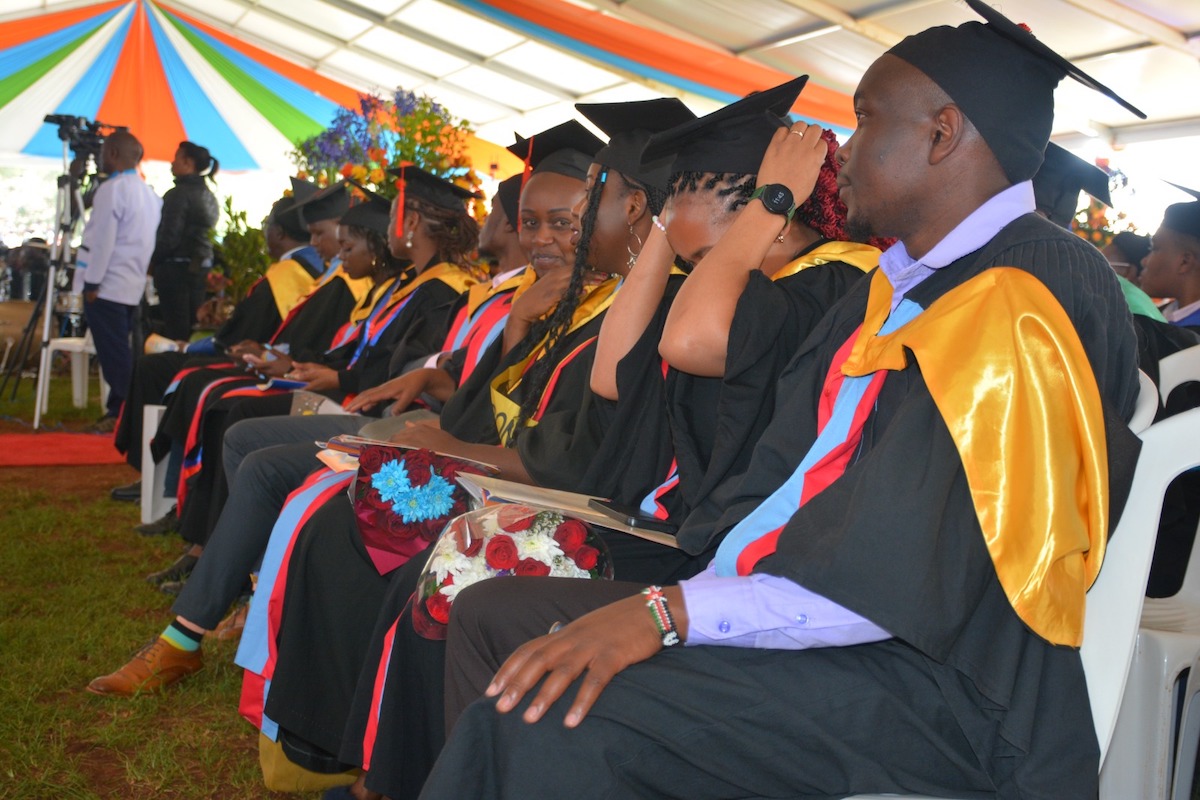The government has issued an update on how to improve education standards, revealing that it has allocated billions of shillings to improve to the sector which will also help in enhancing the new funding model for university education and Technical Vocational Education and Training (TVET).
The government says it has allocated Ksh36.31billion to the Higher Education Loans Board (HELB), Ksh17.9 billion for the recruitment of Junior Secondary School teachers into permanent and pensionable terms and Ksh3 billion for the school feeding programme.
Speaking at a press briefing in Nairobi, Mr Mwaura said in June last year, the government introduced the new funding model, which seeks to create an education model that enhances equity in education and training in the tertiary and college levels.
He added that the new funding model will provide adequate skills and competences in strategic disciplines to stir industrial and economic development aligned with the aspirations of Kenyans.
> How to Join University with a D+ and Study For a Degree
“The fund was envisioned to address the substantial shortcomings in funding caused by the previous Differentiated Unit Cost model (DUC), which was to cover 80 percent of the university education course for admitted students through loans and scholarship,” he said.
The Government spokesperson explained that the commitment to cover 80 percent ended up covering only 50 percent or 45 percent. This resulted in a significant gap and compromised educational quality, with universities ending up with an inherited debt of Sh77 billion.
Five Funding Bands
Mwaura maintained that the new funding model, which commenced in September last year utilises the means testing instrument to fairly assess students’ needs, categorising them into five funding bands.

They include students from household, who earn Sh5,000 monthly or less and who will receive 95 percent funding from the government as loans and 5 percent as parents’ contribution.
Additionally, households earning between Sh5,000 and Sh23,000 will receive 90 percent support from the Government, 30 percent as a loan, 60 percent as scholarship and 10 percent as household contribution and tax-free students earning from Sh23,000-Sh70,000 will receive 80 percent of their support with 50 percent scholarship, 30 percent as loan and 20 percent as a household contribution.
“Households earning between Sh70, 000-Sh 100,000 will receive 70 percent funding that is 40 percent scholarship and 30 percent loans and 30 percent as household contribution and those earning over Sh120,000 will receive 60 percent funding that is 30 scholarships and 30 loans and 40 percent as household contribution since the costing is per the degree programme,” he clarified.
How to apply for HELB Loan without ID

Dr Mwaura says students can apply for the scholarships and loans without an identity card to ensure that no one is disadvantaged or experiences delays in pursuit of higher education due to administrative processes.
He said that the universities will inform students about the exact payable fees based on their household’s financial ability ascertained through the means testing instrument beginning 19th August.
> Some of the Highly Marketable Degrees in Kenya Today












Leave a comment